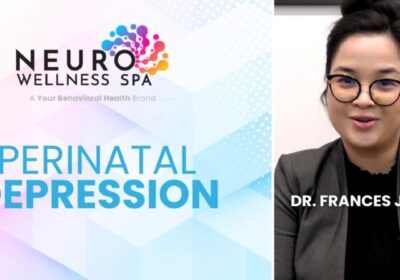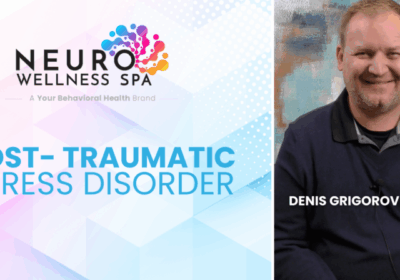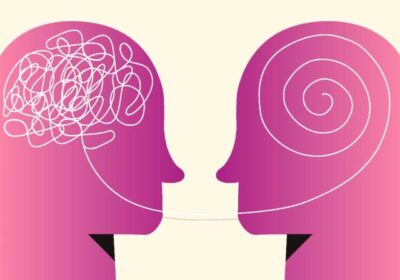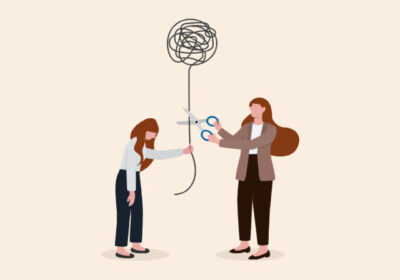PTSD in Veterans: Diagnosis and Treatment
PTSD Treatment for Veterans in Los Angeles
Veterans continue to battle trauma long after their service is completed. With rising rates of suicide, substance abuse disorder, post-traumatic stress disorder (PTSD), depression, anxiety, and traumatic brain injury, our veterans deserve the very best care. When it comes to PTSD treatment in Los Angeles, there are many highly effective options available for veterans.
Risk Factors for PTSD in Veterans
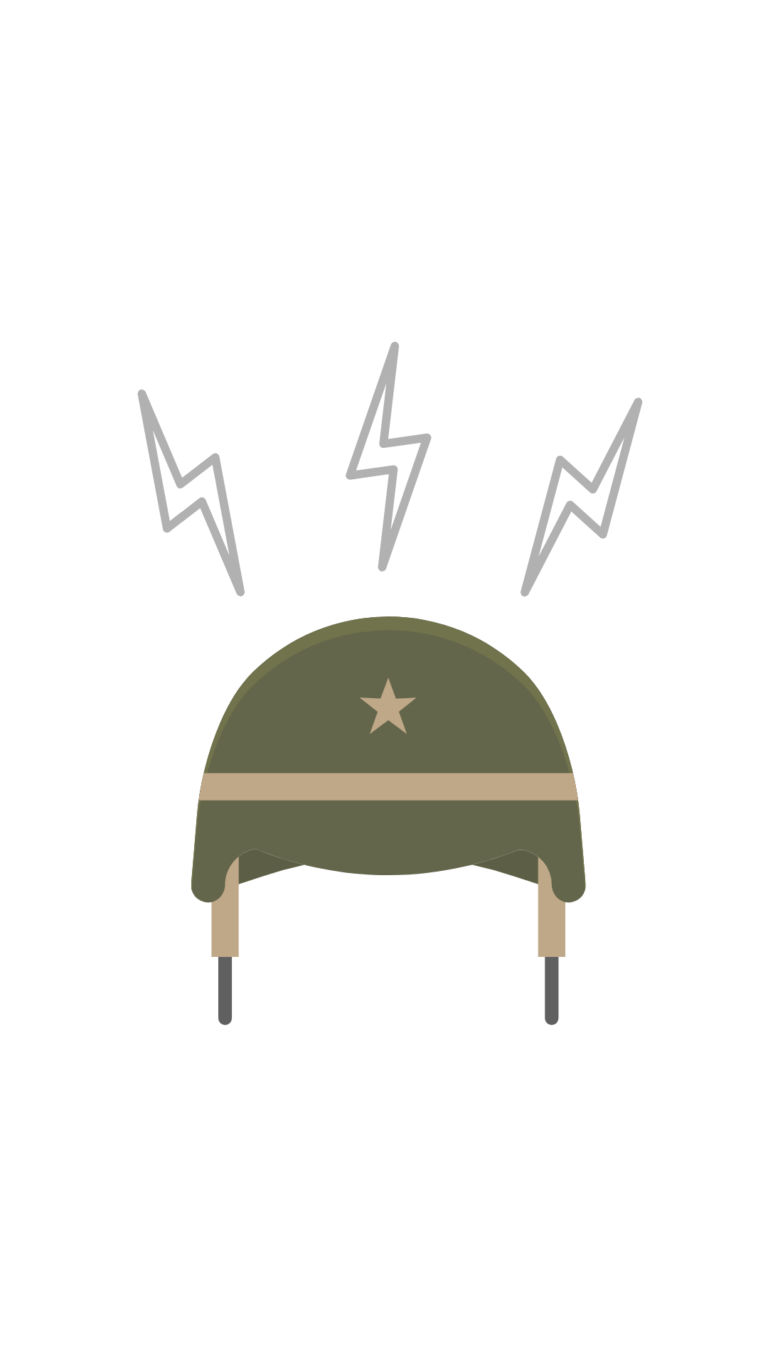
Post-Traumatic Stress Disorder, or PTSD, is a chronic and debilitating psychiatric disorder that starts after exposure to an actual or threatened traumatic event. Although most people may feel upset or have trouble coping after a traumatic stressor, they usually get better with time and self-care. People with PTSD often experience severe and worsening symptoms which interfere with their day-to-day activities for months or even years after the event.
Someone living with PTSD may experience sleep disturbances, avoidance, isolation; changes in behavior or mood; recurrent and intrusive distressing memories of the traumatic event or events.

PTSD can be the result of:
- Experiencing or witnessing traumatic events, such as death, serious accidents, sexual assault, or other violence
- Learning that a loved one experienced a traumatic event
- Repeated exposure to a traumatic event
PTSD can happen to anyone, and is often the result of experiences outside of the person’s control. For instance, military personnel serving in combat areas are exposed to life-threatening situations daily. They have little control over the situations they are placed in — many being high-risk. In these circumstances, it is not unlikely for them to see friends critically injured, or a community fall to the ground.
Signs and Symptoms of PTSD

Signs and symptoms of PTSD can begin right after a traumatic incident, but sometimes symptoms may not appear until years later. Symptoms can vary in intensity over time and can vary from person to person. Symptoms of PTSD may include:
Intrusive Traumatic Memory Recall: People with PTSD often have memories of a traumatic event. These memories may be intense enough to make a person believe they are reliving the event—these are called “flashbacks.” The recall of these may be random, or they may come up with certain cues or “triggers,” such as words, events, places, or people, that are reminiscent of the traumatic event. Triggers are usually related to the subject or content of the trauma.
Disturbed Dreams and Insomnia: Distressing dreams also may result from trauma. These may cause trouble sleeping or trouble concentrating.
Emotional Disturbance: Some people with PTSD may exhibit anger or irritability, may be easily startled or frightened or may feel guilt or shame. A person with PTSD may also feel emotionally numb, avoidant or depressed. Often, people with PTSD avoid places or people who remind them of the traumatic event or events.
Isolation: People with PTSD often feel isolated. They may separate themselves from loved ones and experience decreased interest in life or activities they used to enjoy, which can leave them feeling depressed.
Specification: The DSM-V outlines two specific types of PTSD. The first is dissociative specification. This occurs when a person believes that they, or everything around them, is not real. The other is delayed specification. This occurs when the full diagnostic criteria of the disorder do not occur until at least six months after the traumatic event.
Types of PTSD Treatment in Los Angeles
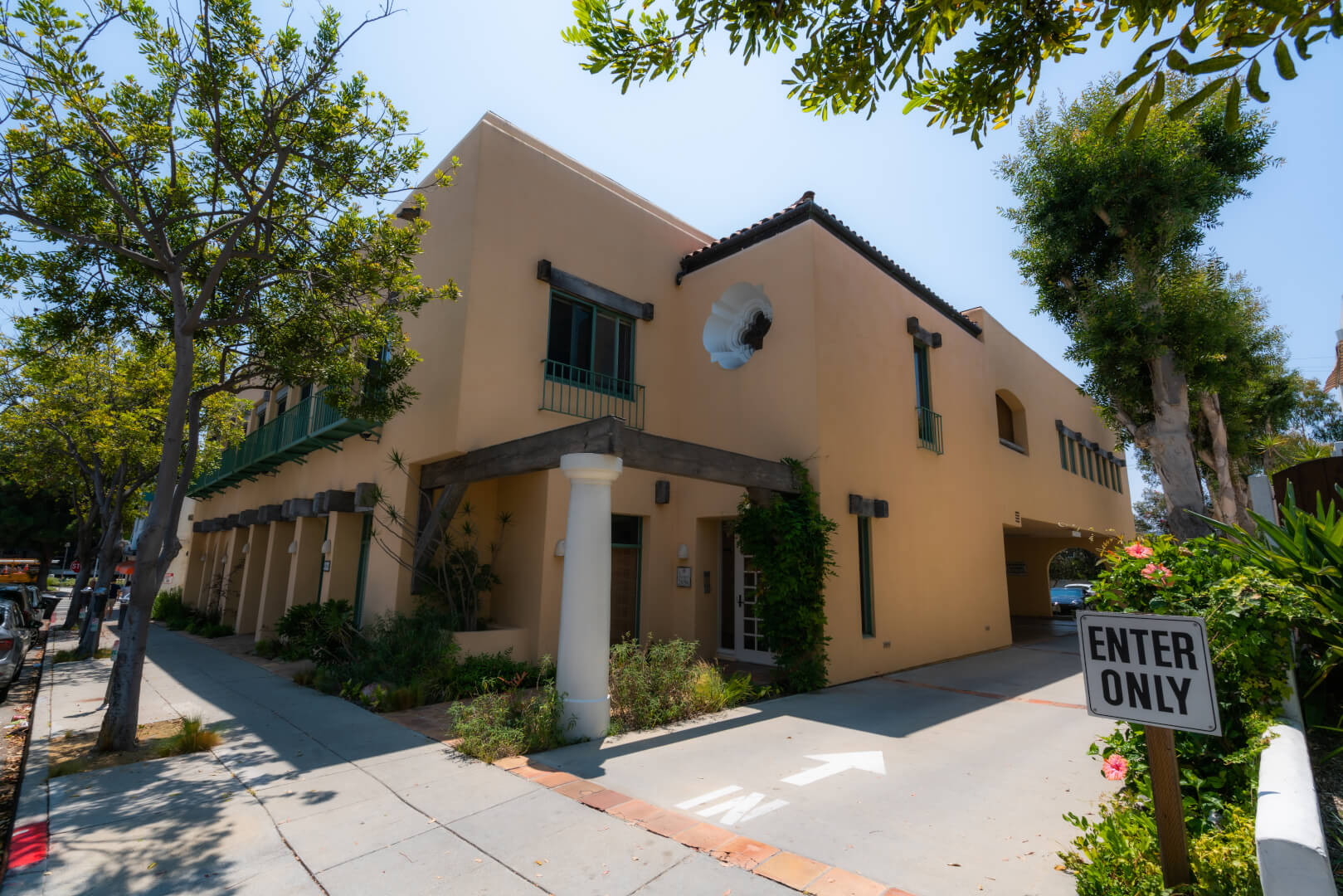
Timely support for PTSD and co-morbid depression is important and may help prevent symptoms from worsening. Getting support from others, may also help prevent unhealthy coping mechanisms such as misuse of alcohol or drugs. Fortunately, PTSD is a highly treatable condition with the right treatment.
Even though PTSD treatments are effective, most veterans do not get the help they need. For many patients with PTSD, conventional treatments including antidepressants and cognitive-behavioral therapy do not adequately relieve symptoms. That’s why, we advocate for the use of the most innovative, established PTSD treatments so our patients can experience complete symptom relief while ditching the side effects of conventional treatments.
When it comes to PTSD treatment in Los Angeles, there are many effective options:
Transcranial Magnetic Stimulation (TMS) Therapy
TMS therapy is an FDA-cleared treatment for treatment-resistant depression, obsessive compulsive disorder (OCD), smoking cessation, and chronic post traumatic/surgical pain that can be used alone or in conjunction with other treatments. Some research indicates that TMS to also be helpful for PTSD and TMS therapy in patients with PTSD is considered “off-label.” However, there is a growing body of research indicating the potential benefits of these off-label applications for a variety of mental health conditions. Please consult with a psychiatrist to learn more about TMS and off-label uses. TMS is twice as effective at reducing symptoms as medications. TMS uses using gentle magnetic pulses to treat specific areas of the brain known to be involved in PTSD and co-morbid depression. Unlike other treatments, TMS is non-invasive (does not require surgery) and non-systemic (does not affect the entire body). TMS is covered by most insurance and has fewer side effects than other treatments, or in some cases, no side effects at all.
Magnetic e-Resonance Therapy (MeRT)
Magnetic e-Resonance Therapy (MeRT) is an extensively personalized treatment for PTSD and a range of conditions affecting mental health and cognition. MeRT is a non-invasive, drug-free, and highly effective treatment that combines the technologies of TMS, EEG and EKG. By measuring and analyzing your brainwave activity, MeRT assesses the communication quality between the neurons in your brain and custom designs treatment protocols for the best outcomes possible. (MeRT is used off-label in the treatment of PTSD).
Psychiatry
Medication isn’t right for everyone. But for some veterans with PTSD, anxiety, depression and other conditions, the results can be profound. Our no-pressure clinicians can work with you to figure out whether antidepressants or a non-pharma alternative, like TMS, might work for you.
The Benefits of TMS Therapy for PTSD Treatment
Over half of veterans struggle with residual symptoms or unwanted side effects after trying conventional treatments, including antidepressants and talk therapy. Being unable to respond to PTSD treatment can have an extremely deep impact on the life of someone who has served in the military and may have experienced trauma. This means that veterans need alternative treatment options for PTSD.
TMS is an excellent treatment option for many veterans. The benefits of TMS therapy for PTSD treatment include:
- TMS is both non-invasive and non-systemic
- Fewer side effects than other treatments, and in some cases, there are no side effects at all.
- TMS therapy does not require sedation. Patients can drive themselves to and from treatments and get back to their day right away, including work or school.
- TMS is covered under basic TRICARE benefits.
PTSD Treatment in Los Angeles
The goal of mental health treatment is to achieve full remission. Veterans should not have to live with lingering symptoms or unwanted side effects. PTSD is a highly treatable condition, and there are things you can do to recover if you have PTSD. A number of effective treatments can lead to positive and meaningful changes in symptoms and quality of life. Hundreds of thousands of veterans have gotten help for PTSD and you can too. Start treatment today with a consultation or call Neuro Wellness Spa at 877-847-3984 to talk to a member of our care team.




